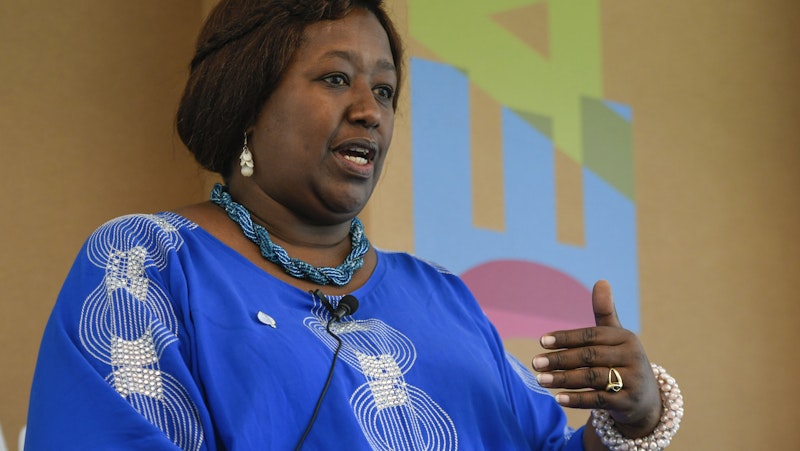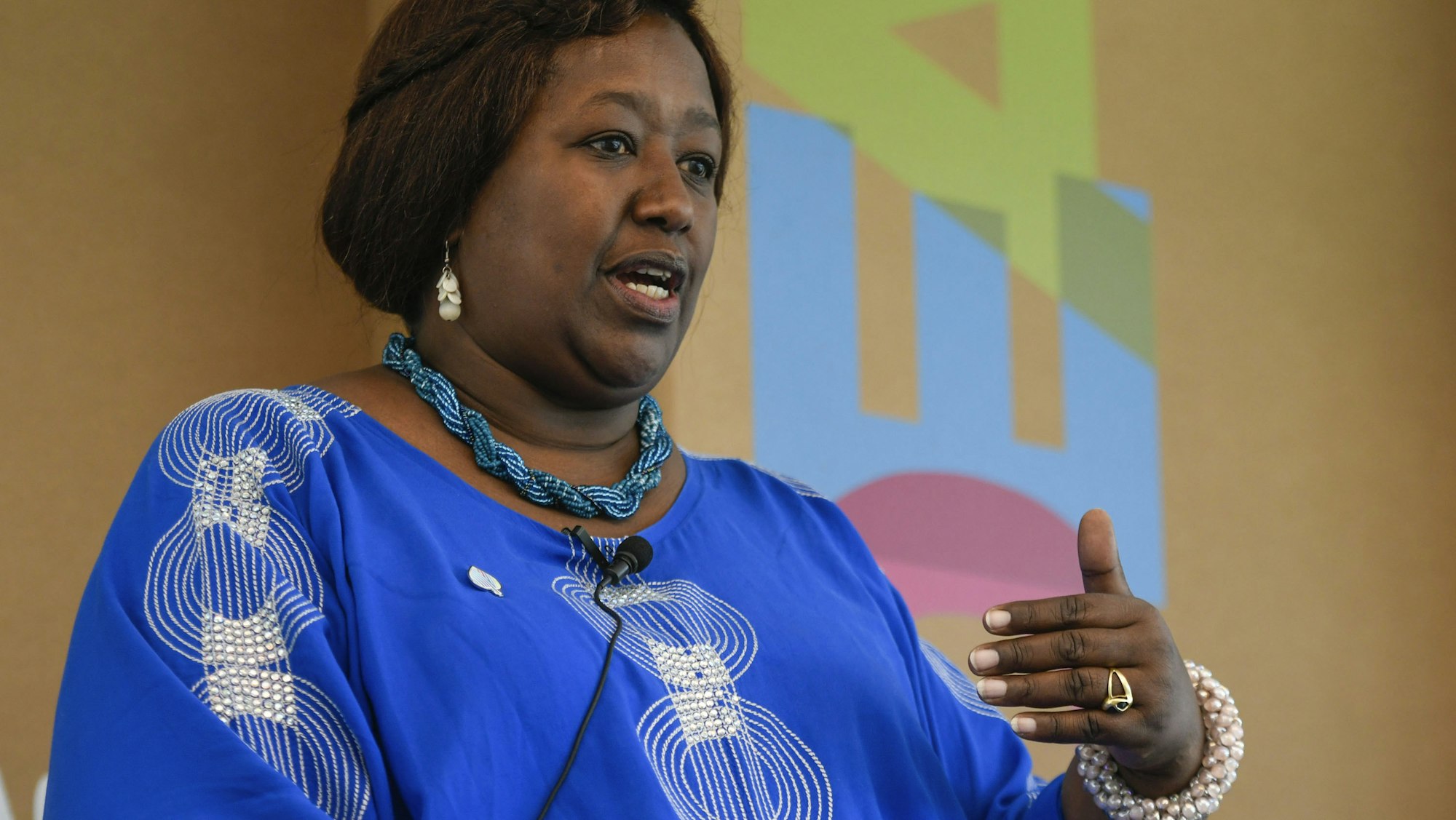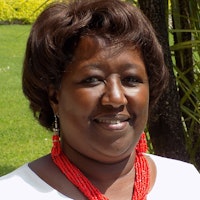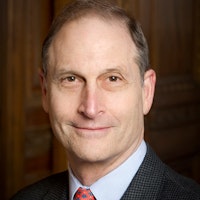
US vs. the World: Who Has the Best Health Care System?
Setup
The United States health system falls short, bluntly declares the Commonwealth Fund in its recent report, “Mirror, Mirror 2017: International Comparison Reflects Flaws and Opportunities for Better US Health Care.” The study compares the US to ten other high-income countries. The US is by far the top spender, but sinks to the bottom when it comes to measures of outcome, access, and equity. The three nations that rank highest in overall health system performance – United Kingdom, Australia, and the Netherlands – all provide universal coverage. In contrast, poorer nations such as Rwanda show dramatic decreases in child and maternal mortality and increases in life span. What can the US learn from other approaches?
Explore More
Economy


While the workforce continues to evolve in response to economic shifts and technological advancements, one thing is certain — the traditional blueprints for education and the...


The rapid development of the Covid-19 vaccine and the ramp-up of manufacturing and global distribution were unprecedented feats of medical coordination. But those on the insid...

Entrepreneurs view the world differently. Where others see challenges, they see opportunities. They’re a group of self-starters and strivers with the courage to take big risks...

Since 2014, Aspen Ideas: Health has welcomed nearly 800 inspiring women leaders to our stages to share their bold approaches to better health. In honor of Women's History Mont...


Advances in medicine and healthy living mean that more and more people will live to be 100. But just because their bodies can last doesn’t mean their bank accounts will keep u...

Our attitudes, habits, pleasures, and responsibilities shift across the generations, influencing the health challenges we face and how we respond to them. Expectations about h...

Setting audacious goals helps to redefine what is achievable in health, medicine, and science. As we deepen understanding of the human genome, unravel the mysteries of the bra...

As we wrap-up another year of elevating big ideas at Aspen Ideas: Health, we're excited to share the 15 most-watched sessions from the event. These conversations with inspirin...

In America, millions of people struggle with mental health including depression, anxiety, and more — all further exacerbated by living through a pandemic. The National Allianc...

The United States spends $4.3 trillion—almost one fifth of the nation’s GDP—on health care. As the scale of the medical enterprise expands, venture capitalists are pursuing th...

Today's kids are coming of age against a backdrop of political, social, technological and economic upheaval. While these circumstances are shaping a precocious generation that...

Advocates, healthcare providers, legislators, researchers, and venture capitalists are bringing the unique health needs of women to light – from vigorous policy debates on iss...

From the debate over reproductive rights to the epidemic of gun violence to the youth mental health crisis, this year's Aspen Ideas: Health sessions tackled many of today's mo...

The recognition that all things are connected is at once a scientific principle and a philosophical touchstone. Humans, animals, and the environment are intertwined in complex...

In a time of growing wealth disparity and changing societal values, can capitalism adapt? How is the economy being transformed by investments in infrastructure, AI, energy, an...

Our need for human connection is profound and deep. Yet, today, one in two adults are living with measurable levels of loneliness – and the numbers are even higher among young...

In a time of growing wealth disparity and evolving societal values, can capitalism adapt to sustain the American Dream?

Women are twice as likely to invest in female-led businesses. Explore the ways women approach wealth building and investment, and how they create opportunities to build financ...

Join Jim Farley as he explores how drivers' needs and priorities are guiding the future of vehicle technology and reshaping our expectations of cars and trucks.

With ESG caught in the political culture wars, business executives must decide to speak up or stay quiet about climate, diversity and democracy. What do employees and citizens...











